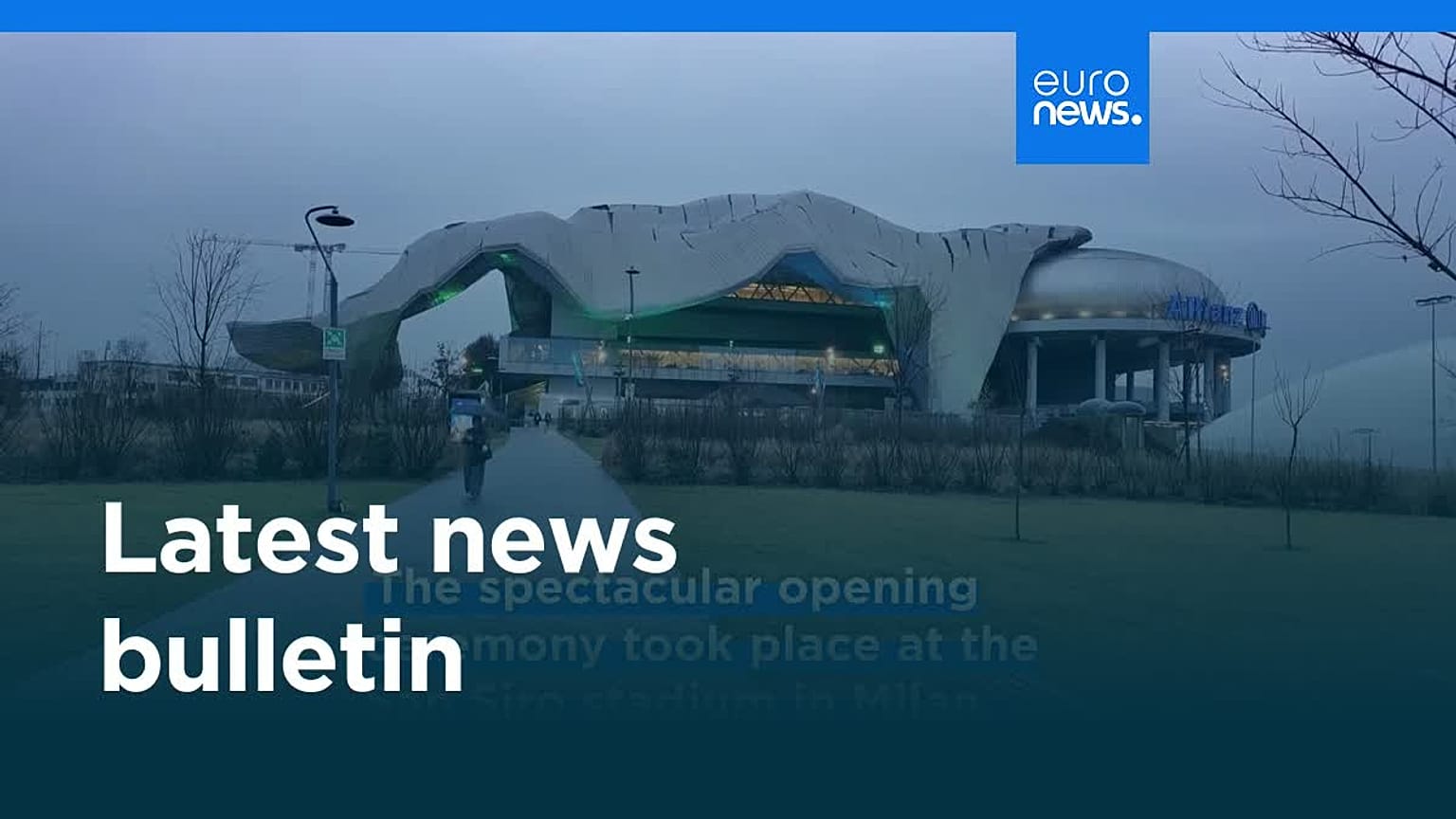Let's look at alternatives:
- Modify the query.
- Start a new thread.
- Remove sources (if manually added).
- Information Not FoundThe provided source document does not contain information about the oldest customer complaint letter or its specific content.
Let's look at alternatives:
- Modify the query.
- Start a new thread.
- Remove sources (if manually added).
Get more accurate answers with Super Pandi, upload files, personalised discovery feed, save searches and contribute to the PandiPedia.

Let's look at alternatives:
- Modify the query.
- Start a new thread.
- Remove sources (if manually added).
A curated set of Frutiger Aero scenes highlighting flowing water—splashing waves, buoyant bubbles, and liquid-glass surfaces—in vivid turquoise and sky blues. From leaping fish to globe-splashes and rippled spheres, each image emphasizes motion, clarity, and glossy depth.
Let's look at alternatives:
- Modify the query.
- Start a new thread.
- Remove sources (if manually added).
Let's look at alternatives:
- Modify the query.
- Start a new thread.
- Remove sources (if manually added).
Agent skills enable consistent reasoning across different agents.
Tools allow agents to execute actions in the world.
Agent skills do not fetch new information but shape internal decision-making.
Agent tools are designed for external capability reuse.
Security and authentication are critical for agent functionality in production.
Let's look at alternatives:
- Modify the query.
- Start a new thread.
- Remove sources (if manually added).
Get more accurate answers with Super Pandi, upload files, personalised discovery feed, save searches and contribute to the PandiPedia.

To relax the vagus nerve, several effective exercises can be practiced. Deep, diaphragmatic breathing is key; it involves inhaling slowly through the nose, allowing your belly to rise, and exhaling slowly to activate the vagus nerve and promote relaxation[4]. Additionally, cold exposure, such as splashing cold water on your face or using a cold compress on your neck, can stimulate the vagus nerve and help lower heart rate[5].
Other helpful techniques include humming, singing, or chanting, which create vibrations that activate the vagus nerve[6]. Regularly practicing these exercises can enhance your ability to manage stress and foster a sense of calm[4].
Let's look at alternatives:
- Modify the query.
- Start a new thread.
- Remove sources (if manually added).
Let's look at alternatives:
- Modify the query.
- Start a new thread.
- Remove sources (if manually added).
Let's look at alternatives:
- Modify the query.
- Start a new thread.
- Remove sources (if manually added).
Let's look at alternatives:
- Modify the query.
- Start a new thread.
- Remove sources (if manually added).


























